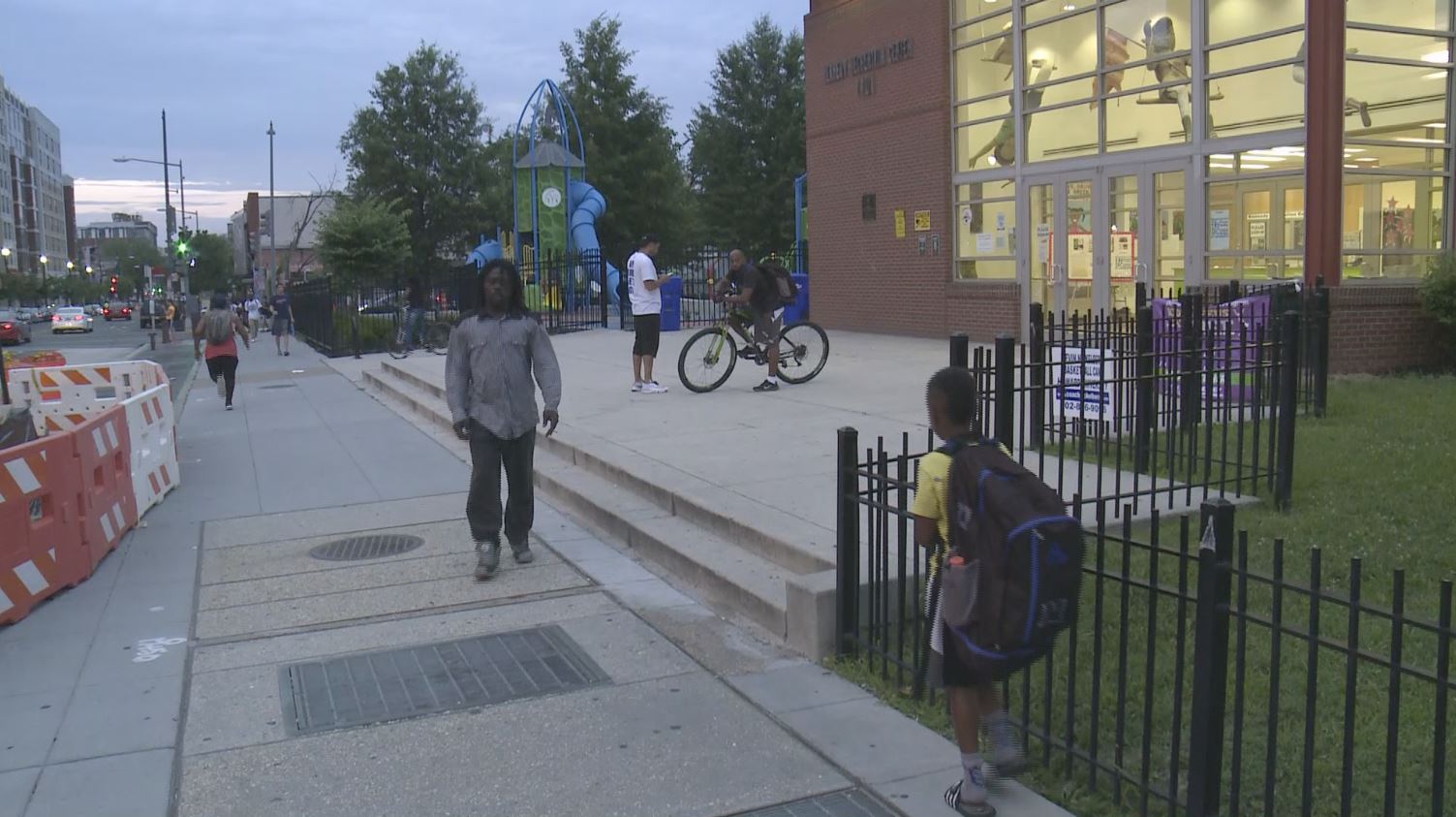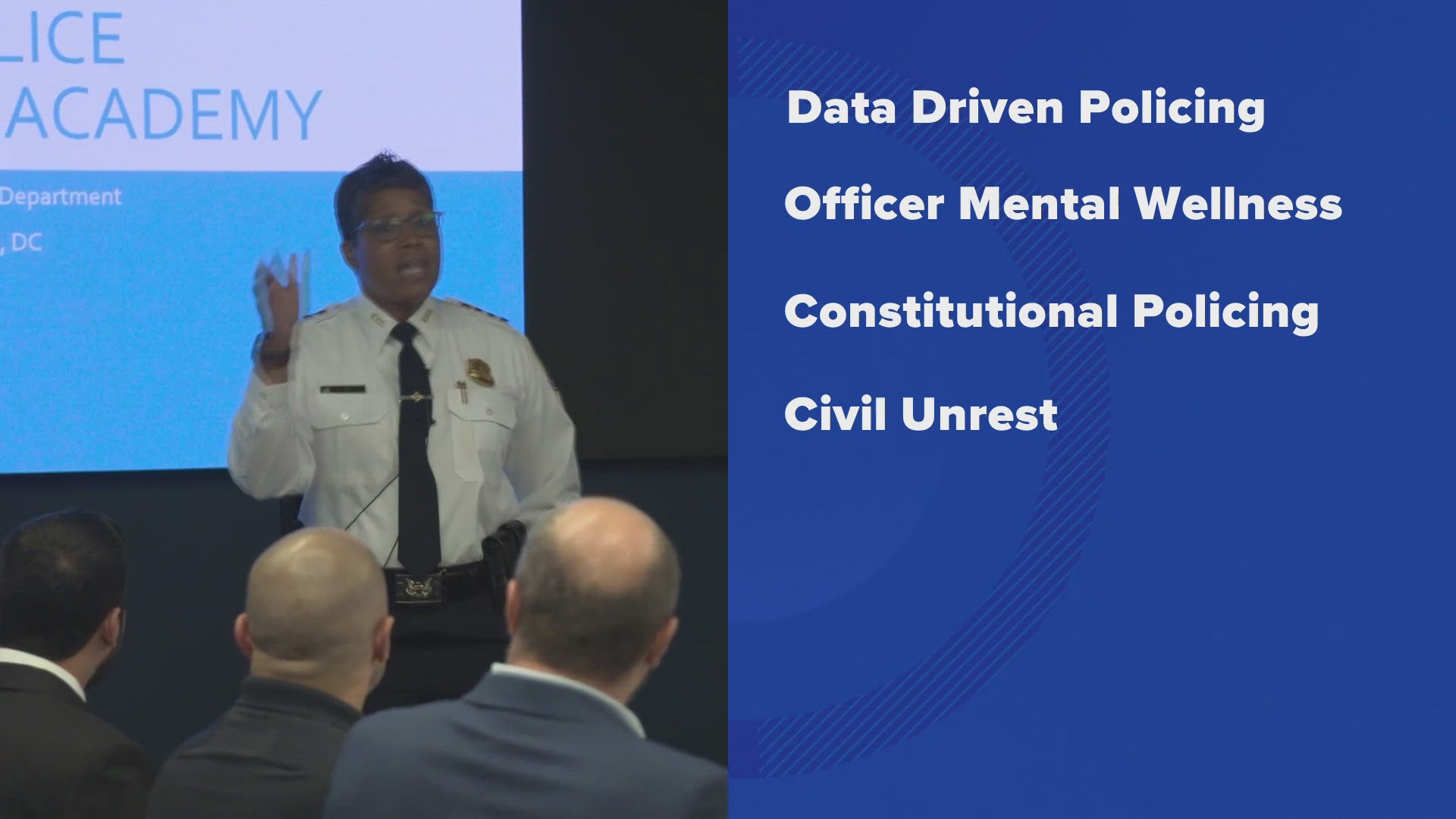WASHINGTON (WUSA9) — As the nation turns its attention towards the deaths of Alton Sterling and Philando Castile, many local families are looking inward and trying to figure out how to discuss it with their children.
Dr. Linda McGhee, a Bethesda-based clinical psychologist, said parents have to talk about police brutality with their kids because they hear and see it on the news and social media sites.
"We're trying to put forth a rational solution to an irrational problem," McGhee said.
"This is a tricky topic," McGhee added. "The large majority of police officers are law abiding and good and helpful to the citizenry, including black youth. But then you also have a small minority who abuse those privileges and the authority that they have. So you want to phrase your conversation with the child in that way."
McGhee encouraged parents to be direct and answer questions when their children have them. In some cases, give them "tools about how to handle police and how to de-escalate situations."
For many families here in D.C., police brutality is not national news or a social media topic.
Kevin Bussie has a 12-year old son. He said they've repeatedly discussed interactions with police.
"I kind of grew up that way," he said.
"It wasn't like I really had to be told. I was just raised with - you respect the law and stay out their way. Never at one moment did I think it would really be any different," he said.
Children, Bussie said, "need to know. They need to have an idea of how to stay clear from it and how to address it. You can't go into it blindly. Your kids have to know."


